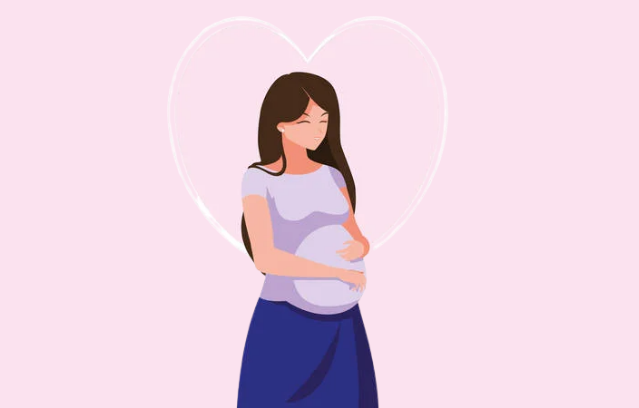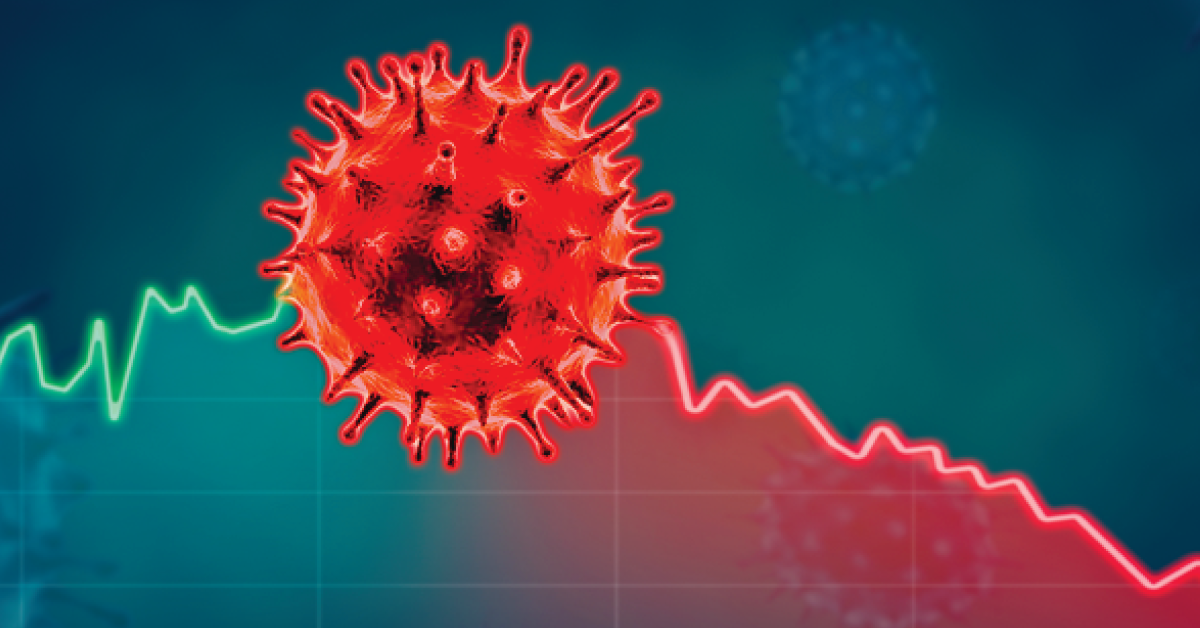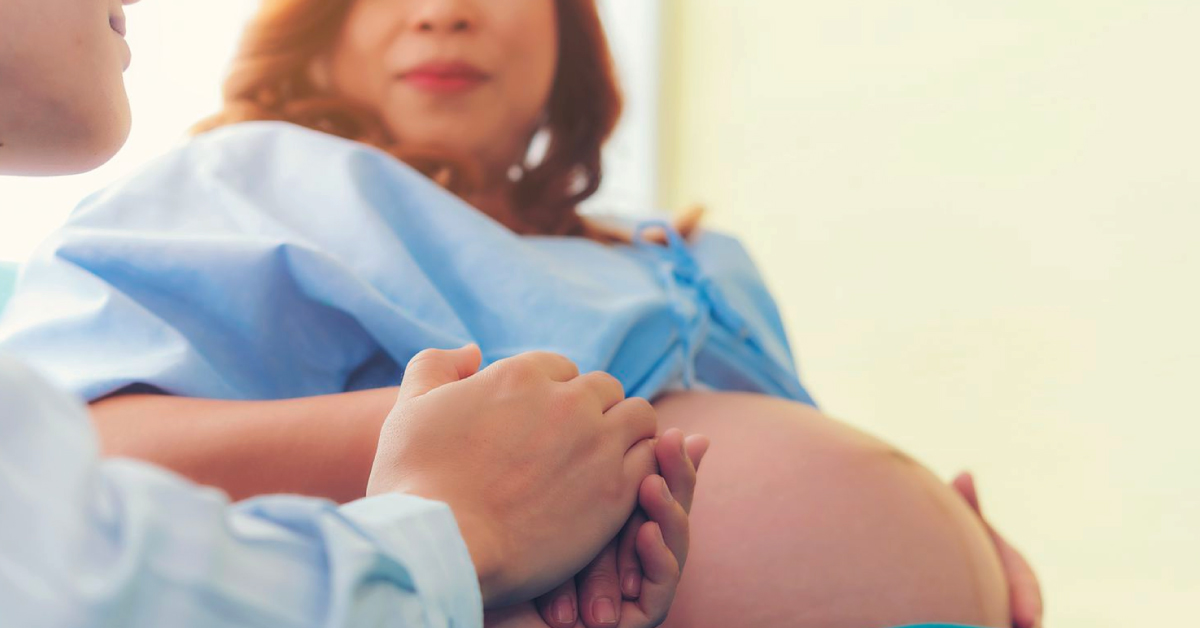
Pregnancy symptoms include these early signs. Learn when to schedule a prenatal care appointment if you think you might be expecting.
There are a variety of early Pregnancy symptoms that can indicate that a woman is pregnant. However, it is important to note that not all women experience all of these symptoms. Some of the most common early Pregnancy symptoms include Missed Periods, Breast changes, Mood swings, and Nausea. It is also important to consult with a Gynecologist if you think you might be pregnant, as they can provide important information and support throughout the pregnancy. It is also important to not ignore these Pregnancy symptoms and signs, as they can indicate a healthy pregnancy. However, if you have experienced a miscarriage in the past, you may be more sensitive to Pregnancy symptoms. You may also experience more intense Pregnancy symptoms. If you are ever in doubt, it is always best to consult with your Gynecologist.
Often, women who fail to get their period are the first to suspect they are pregnant. However, there are many other early Pregnancy symptoms that may alert you to take an at-home pregnancy test. Some of them include Tender breasts, Morning sickness or feeling nauseous throughout the day, heightened sense of smell, Dizziness and/or headaches, Exhaustion, or fatigue.
The earlier you discover that you are pregnant, the better. At the clinic, a Gynecologist doctor will give you an advanced pregnancy test and an ultrasound exam, the only way to know for sure if you are pregnant. If you are, she will help you with options, including setting up prenatal care—health care during pregnancy.
Let’s talk about common early Pregnancy symptoms and what you should do if you experience them.
1. Missed or Light Period
Not for every woman, a missed period is one of the first early signs of pregnancy or one of the Pregnancy Symptoms. As many women have irregular periods, which means being late is not always a reliable sign. However, for women with consistent cycles, missing a period is a good way to know when it is time to confirm a Pregnancy test. It is therefore very important to track your menstrual cycle and have a record of missed or irregular periods.
Also, at your first prenatal care visit, your gynecologist will ask you about your “last menstrual period” or “the first day of your last cycle”. It is always helpful to keep track of your cycles in order to determine an accurate due date of delivery.
In case of a missed period, visit a pharmacist to buy home-pregnancy test kits. There are different types of tests available in the market, ensuring the expiry date for false-negative or false-positive test results. It is best advised to take a test in the morning when the urine is concentrated. Also, results are most accurate if you wait until the week after your missed period. And, read the instructions carefully before taking a test.
In case of positive results, book an appointment with a Gynecologist or visit a Gynecologist clinic to discuss other Pregnancy Symptoms and to ensure a healthy pregnancy.
2. Tender Breasts
Many women also complain of sore breasts in early pregnancy and consider it as one of the early Pregnancy Symptoms. But, your breasts could be tender for a number of reasons – too much caffeine or alcohol, an intense workout, or normal period-related swelling. Sometimes your breasts will feel heavier due to internal hormonal changes. Generally, during pregnancy, progesterone and estrogen levels rise very early in pregnancy making nipples extra sensitive and the skin around them look darker.
If you experience breast tenderness, also you have missed your periods and it does for more than a few days prefer taking a home pregnancy test.
3. Morning Sickness
When you feel nauseous while sitting at work or at home, you may have food poisoning or stomach illness, but if you cannot link this feeling back to something you ate or an illness, you may be suffering from morning sickness.
“Morning sickness” is very common in pregnancy and is considered one of the important Pregnancy symptoms it does not happen only in the morning, it can strike suddenly in the morning, afternoon, or evening. Most women don’t need medical care for it. But unfortunately, if you vomit several times a day and if you doubt it could be early Pregnancy symptoms, consult a Gynecologist or visit a Gynecologist clinic as soon as you can.
4. Dizziness and Headaches
Mild dizziness and Minor headaches could be potential Pregnancy symptoms as, during pregnancy, changes in hormone levels and blood circulation can cause dehydration. Drinking plenty of water can help ease dizziness and headaches.
Also, if you do not experience any other Pregnancy Symptoms, these can be signs of a medical emergency like very high blood pressure (preeclampsia). It is advised, not to ignore all these symptoms, consult your Gynecologist specialist as soon as you doubt about having Pregnancy Symptoms.
5. Heightened Sense of Smell
If you open a jar of Nutella to spread on your morning toast, and suddenly the smell overwhelms you, then you might be pregnant. Strong reactions to smells that didn’t bother you previously could indicate pregnancy. If you feel nauseated or hypersensitive to smells, it could be your pregnancy symptoms.
6. Feeling Very Tired
Tiredness is most prominent among other early Pregnancy Symptoms. Due to abrupt changes in hormone levels and other changes in the body, your body can make you feel exhausted as if you are wading through thick fog. A feeling of exhaustion that doesn’t have a clear cause of excessive work or lack of sleep, or feeling ill could indicate that you are pregnant. Eat a healthy diet consisting of plenty of protein, which can help ease morning sickness and give you energy.
As with the most common Pregnancy symptoms, some additional early Pregnancy symptoms and signs aren’t as common. As with all of these symptoms, each woman will experience them differently. Less common signs of early pregnancy can include Spotting (also called implantation bleeding), Food cravings, Constant hunger, and food aversions, Metallic taste in your mouth, Cramping, and Mood swings.
Early Pregnancy Symptoms often overlap with other medical conditions as well as your typical menstrual cycle; premenstrual or normal period symptoms can look very similar to pregnancy symptoms or are hidden pregnancy signs making it hard to tell the difference. You can also miss your period without being pregnant. This can make it difficult to tell the difference. This can happen when you exercise in extreme amounts, lose or gain a lot of weight, or even are stressed. Pregnancy tests are the best way to know whether or not you are pregnant. If you have missed a period and think there is a possibility of being pregnant, you should consider taking the test and consult a Gynecologist. Furthermore, if you are seeking conception through IVF or have previously had any form of infertility treatment, you should seek immediate advice from a Fertility specialist and visit a Gynecologist clinic.
When should I call my Gynecologist about a new pregnancy?
Your next step will be to make an appointment with your Gynecologist if you had any Pregnancy Symptoms, took the pregnancy test, and got a positive result. Your first appointment with a Fertility specialist is especially important if you take medication for a chronic illness or have other medical conditions like diabetes, hypertension or lupus detect any sign of an ectopic pregnancy or other complications. It is important to discuss any current medical conditions with a Fertility specialist, as well as your general health before pregnancy. This appointment is meant to get you into the best place for a new pregnancy. Gynecologists usually ask women if they are taking a prenatal vitamin with at least 400mcg of folic acid in early pregnancy. This vitamin is important since it stimulates the birth of your baby’s neural tube, which forms the brain and spine. Your Gynecologist will explain to you that pregnancy can be an exciting time, but it can be uncomfortable as well. On your journey, hormone changes and a growing uterus can lead to a variety of Pregnancy symptoms. For some, pregnancy is a breeze with only a few, mild complaints. But, for others, especially those who are trying to conceive with an IVF treatment, with more severe Pregnancy symptoms, it can be a long, difficult nine months. By talking to your Gynecologist or Fertility specialist, learning, and understanding what’s typical and when to be concerned, you can feel more confident that what you’re experiencing is normal and healthy. It’s normal to worry about the new symptoms. In most cases, it’s neither dangerous for you nor your baby to feel what you are feeling. Most pregnancies are healthy, and most of the common discomforts you feel are just that – common and uncomfortable. And, you’ll be more likely to realize when something is not quite right so that you can notify your Gynecologist specialist. You can then devote less time to worrying about discomforts and rather enjoy your pregnancy.


